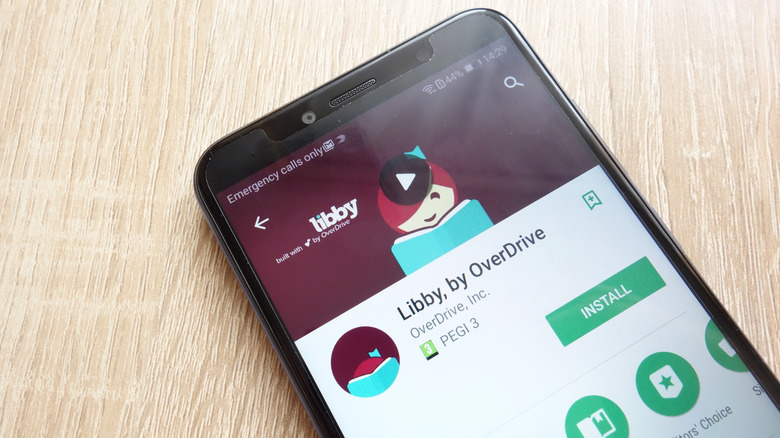
The Libby app, a popular choice for many libraries that lend ebooks and audiobooks, has changed the way its hold system works. Previously, users could set the app to delay the delivery of an ebook for up to 180 days. This feature was particularly useful for managing multiple titles that became available at once, giving readers time to finish their current books before the due date. The new system, however, requires users to be more hands-on.
Now, users must actively suspend an ebook delivery within three days of it becoming available and then manually unsuspend it when they are ready to read. This means that instead of scheduling a book to arrive on a specific day, users must go into their account to find the book and request that the hold be unsuspended. If a user takes no action for a year, their hold will be canceled, and they will have to rejoin the waitlist.
User Impact and a Shift in Responsibility
Libby has explained the change in a blog post, stating that “It’s all about fairness and supporting the creators behind the books.” The company draws a comparison to physical books, noting that libraries purchase individual digital copies that can only be checked out by one person at a time. This model ensures that authors, narrators, and other contributors are compensated for their work.
However, some regular Libby readers on social media are expressing frustration with the change. The new system means that users will no longer receive a reminder when a title becomes available and must proactively check their hold list to manage their books. To unsuspend a title, a user must go into the Libby app, tap the Shelf button, press Holds, and then select Unsuspend Hold on the title they wish to read. After doing so, they must still wait for their position on the waiting list to come up.
What The Author Thinks
This change, while framed as a matter of “fairness” to authors and a way to improve circulation for libraries, is a clear step backward for user convenience. The old system was proactive and automated, allowing users to plan their reading without constant manual intervention. The new system, however, places the burden of remembering and managing holds squarely on the user. This change could lead to more missed holds and a more frustrating user experience, ultimately hurting the very engagement that libraries and publishers want to foster in the digital space. It’s a move that prioritizes system efficiency over a seamless and user-friendly experience, a trade-off that may not be worth it in the long run.
Featured image credit: SlashGear
For more stories like it, click the +Follow button at the top of this page to follow us.
